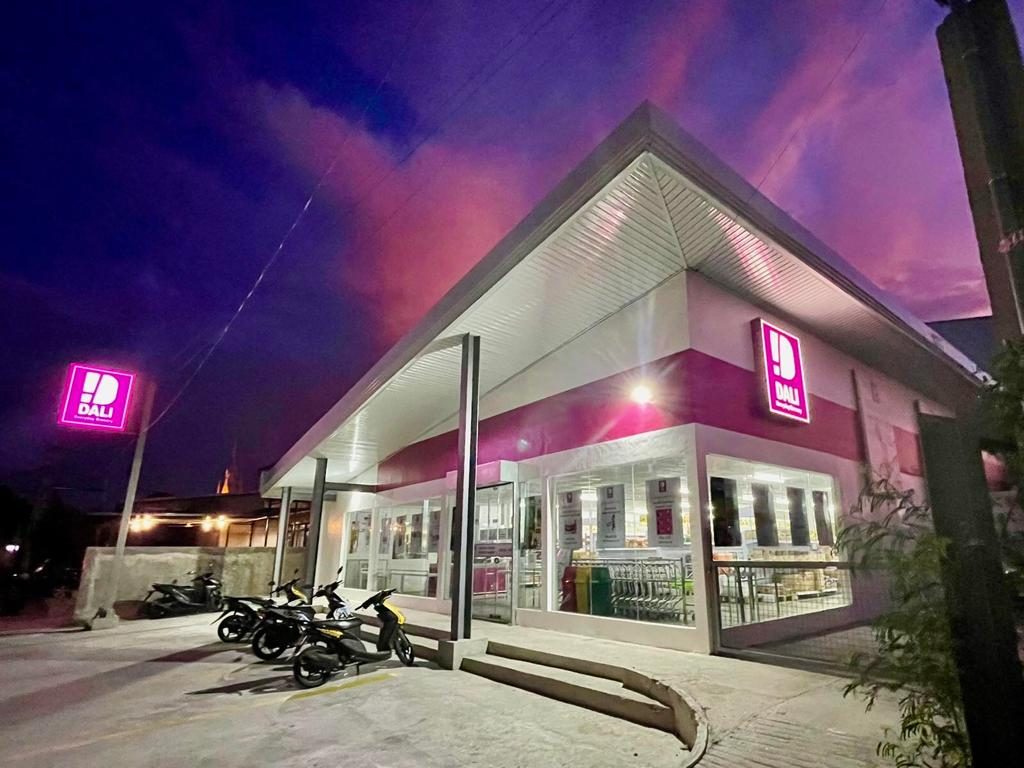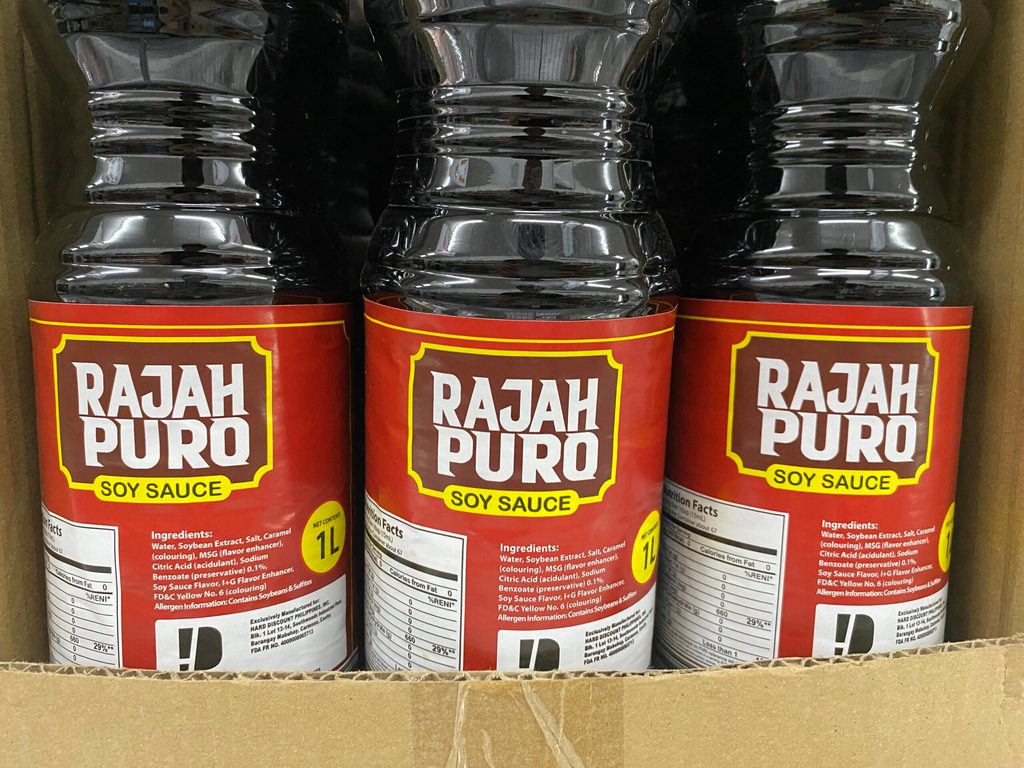SUMMARY
This is AI generated summarization, which may have errors. For context, always refer to the full article.

MANILA, Philippines – If you’re out shopping on a tight budget, check out DALI, the hard discount grocery popping up in neighborhoods around the country.
DALI hails from Switzerland – a place better known for its expensive watches and pricey chocolate – but this low-cost grocery is anything but. In its own words, the company brings “good quality products at the lowest possible prices next door.”

The key to DALI’s success is its stripped-down business model. Rather than replicate a usual supermarket’s aisle upon aisle of displays, DALI only sells a limited number of products, or what it calls “core range item.”
These include everyday household products – snacks, kitchen staples, and cleaning supplies. While DALI carries some popular branded products, much of what it sells fall under its proprietary brands.
Tiptoeing the line of copyright infringement, these private labels might remind you of household favorites.


“DALI private label product quality meets or exceeds the equivalent national brands sold in other national retail chains,” the company states in its website.
“We focus on providing the same quality like the leading brand that we intend to replace but with significantly lower cost as the supplier does not need to spend on marketing, promotions, research etc.”
But how does DALI keep prices so low? As a “hard discount” grocery, the company cuts as many costs as it can – no frills, no extra service, no advertisements.
Stores – usually located in rural areas and urban areas just beyond business districts – are leanly staffed, often with just two cashiers and no baggers. That cuts out the cost of bags and the baggers. Items on shelves are in “display ready cases” – the cardboard boxes in which they were transported. That eliminates the extra cost of unpacking items and stocking them one by one on the shelves.

The hard discount grocery model could make DALI thrive in the Philippines, where food inflation has forced consumers to bump up their budgets or look for cheaper goods.
However, DALI could be up for a daunting task if it wants to compete in what the Asian Development Bank (ADB) calls an “oligopolistic retail market structure,” given that the three largest retail conglomerates in the Philippines already controls 51% of modern retail revenue and 38% of total food retail.
Still, the new kid on the block seems to be doing well. By the end of 2022, DALI had more than 250 retail stores in the Philippines. Its success has even caught the eye of the ADB. In early 2023, the international lender announced that it would acquire $15 million worth of common equity shares in HDPM Sin Pte. Ltd, marking the ADB’s first investment into a hard discount retail company and its first agribusiness equity investment in the Philippines.
“ADB’s support for DALI’s expansion will contribute to food security and food safety by ensuring essential products are available to consumers at affordable prices, in a hygienic environment, and by integrating local agricultural suppliers into the company’s supply chains,” said ADB director general for private sector operations Suzanne Gaboury back in 2023.
The $15-million infusion will finance the growth of DALI’s store network, distribution centers, and cold chain infrastructure, along with funding its working capital requirements.
The ADB expects the expansion to create at least 4,300 new jobs, with nearly half of them for women. DALI is also expected to install off-grid rooftop solar panels in 200 of their stores and 5 of their distribution centers by 2026. – Rappler.com
Add a comment
How does this make you feel?
There are no comments yet. Add your comment to start the conversation.